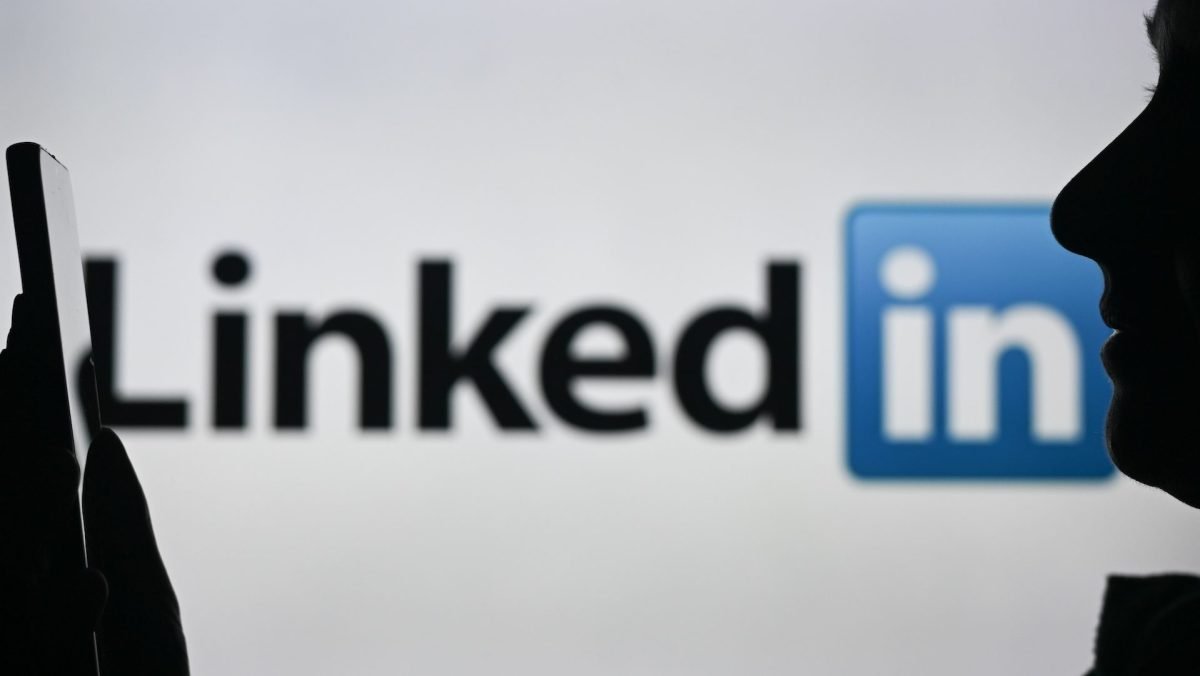LinkedIn has officially announced that advertisers will no longer be able to target users based on data gathered from their participation in LinkedIn Groups. This decision was reached after a complaint was filed by a coalition of civil society groups with the European Commission over a potential violation of the Digital Services Act (DSA).
The DSA, which came into effect in February, is a set of regulations implemented across the European Union to establish strict guidelines for online content and address issues like algorithmic transparency and targeted advertising practices.
LinkedIn first introduced Groups in 2010 as a means for users to connect with others who share similar interests. Despite previous efforts to make Groups a standalone app, LinkedIn refocused its efforts on the feature within its flagship app in 2018.
Following the complaint made in February, the EC contacted LinkedIn for more information on how the platform enables targeted advertising based on sensitive personal data such as race, political beliefs, or sexual orientation. While LinkedIn stated that it complied with the DSA, it has now removed the ability for advertisers to create an audience targeting European users using Group membership data.
“We made this change to prevent any misconception that ads to European members could be indirectly targeted based on special categories of data or related profiling categories,” said Patrick Corrigan, LinkedIn’s VP for legal and digital safety. “The change is effective immediately for all new advertising campaigns.”
It’s worth noting that this decision was made voluntarily by LinkedIn, likely as a way to proactively address the investigation and potential penalties. This move comes as Microsoft, LinkedIn’s parent company, is already facing multiple regulatory challenges in Europe.
However, targeted advertising on LinkedIn is not completely off the table. Advertisers can still use data to target users, but they are no longer allowed to use information gathered from LinkedIn Groups.
“The Commission will closely monitor LinkedIn’s compliance with the DSA following this public pledge,” stated Thierry Breton, EU internal market commissioner. “This is a positive step towards addressing concerns and implementing change in a way that has not been achieved by other laws in Europe and elsewhere.”
Last week, the EC designated Chinese e-commerce marketplace, Temu, as a “very large online platform” (VLOP) under the DSA, which means it will now face additional scrutiny due to its wide reach. Temu is now the 24th company to be classified as either a VLOP or a very large online search engine (VLOSE).









I have read your article carefully and I agree with you very much. This has provided a great help for my thesis writing, and I will seriously improve it. However, I don’t know much about a certain place. Can you help me? https://accounts.binance.com/sl/register?ref=OMM3XK51